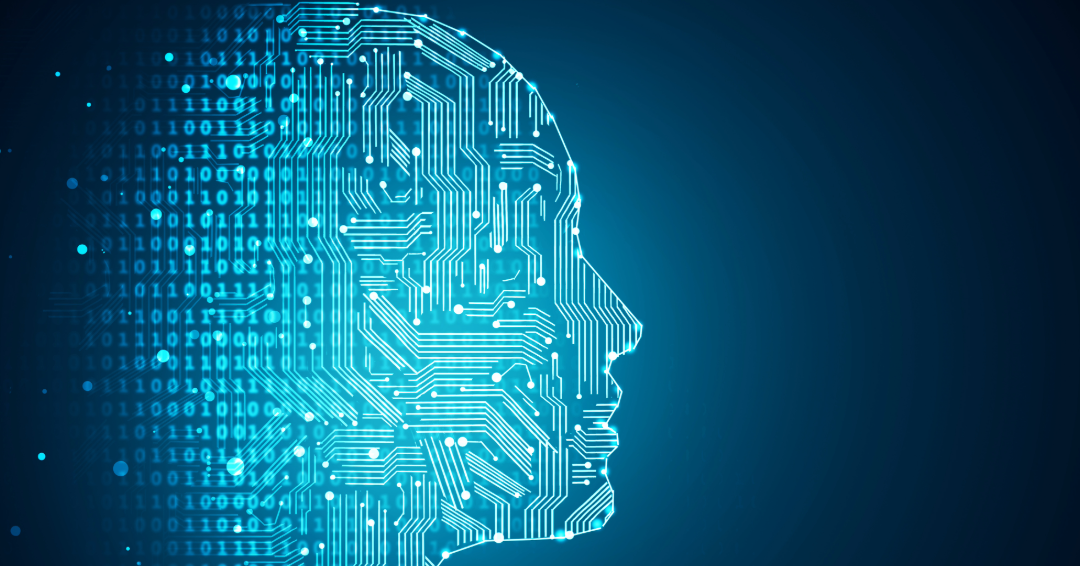A Historical Perspective on Its Rise and Future By MP Nerds
A Journey Through the Evolution of AI
Artificial intelligence (AI), once a concept confined to science fiction, has emerged as a transformative force reshaping industries and daily life. But how did we get here? From theoretical musings to generative AI, the history of artificial intelligence is a captivating tale of innovation, persistence, and imagination.
The Foundations of AI
The seeds of AI were sown in the early 20th century, but it was Alan Turing who laid the groundwork. In 1950, Turing introduced the concept of a "thinking machine" capable of mimicking human intelligence, famously proposing the Turing Test as a way to evaluate machine behavior.
The 1950s and 1960s saw the development of the first AI programs. Early pioneers like John McCarthy, Marvin Minsky, and Herbert Simon created systems capable of solving mathematical problems and playing chess. McCarthy even coined the term "artificial intelligence" in 1956 at the Dartmouth Conference, marking the birth of AI as a formal field of study.
Key Milestones in AI
As computing power grew, so did AI's potential. Here are some notable advancements:
- 1970s–1980s: Expert Systems
AI systems like MYCIN and DENDRAL brought rule-based reasoning to fields like medicine and chemistry. These early expert systems demonstrated AI's ability to solve complex problems in specific domains. - 1990s: Machine Learning Emerges
Machine learning, where computers learn patterns from data rather than relying on hard-coded instructions, became the cornerstone of modern AI. IBM’s Deep Blue famously defeated chess champion Garry Kasparov in 1997, showcasing the power of AI-driven strategies. - 2000s: Neural Networks and Big Data
With the advent of neural networks and access to vast datasets, AI systems began excelling in image recognition, voice recognition, and natural language processing (NLP). Tools like Siri and Google Translate brought AI into everyday life. - 2010s–Present: Generative AI and Beyond
Generative AI models like OpenAI's GPT series and Stable Diffusion have revolutionized content creation, powering chatbots, image generators, and recommendation systems. AI’s role in personalizing user experiences is now ubiquitous, from streaming services to e-commerce platforms.
The Ethical Horizon of AI
As AI continues to evolve, ethical considerations become critical. Questions around data privacy, algorithmic bias, and job displacement demand careful navigation. Responsible AI development ensures that progress benefits society as a whole without compromising individual rights.
AI in the Christmas Spirit
AI has added a touch of magic to the holiday season, transforming industries like retail and e-commerce. During Christmas, AI-powered recommendation engines help shoppers find the perfect gifts, while chatbots provide seamless customer support. Predictive analytics ensures shelves are stocked with popular items, reducing the chaos of last-minute shopping.
Even Santa has gone digital—AI tools optimize delivery routes, ensuring holiday packages arrive on time. Whether it’s personalizing your wish list or curating festive playlists, AI makes the season merrier and brighter.
The Future of AI: Endless Possibilities
Looking ahead, the potential of AI seems boundless. Fields like autonomous vehicles, precision medicine, and climate modeling are just the beginning. As we celebrate the strides made so far, we must also embrace the responsibility of shaping AI’s future with care and wisdom.
MP Nerds: Your Partner in Digital Innovation
At MP Nerds, we’re passionate about leveraging cutting-edge technologies like AI to empower businesses and bring ideas to life. If you’re looking to integrate AI into your solutions, let us guide you through the possibilities.
Happy Holidays from MP Nerds—where innovation meets cheer! 🎄






